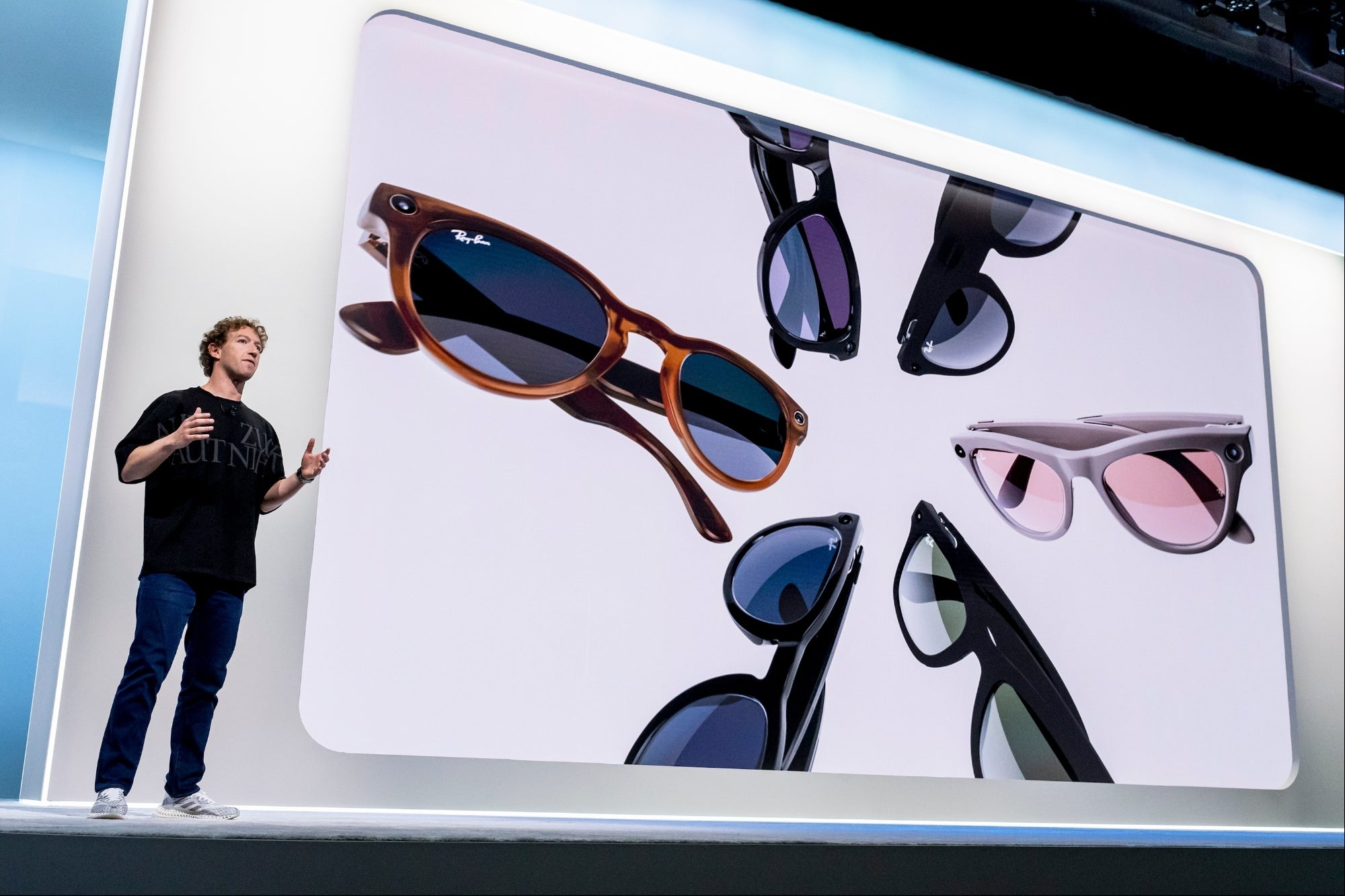Are Millennials Really the BIZ Experiencesial Generation? We hear so much about how millennials want to run their own businesses. But recent data suggest the opposite is true.
By Scott Shane Edited by Dan Bova
Opinions expressed by BIZ Experiences contributors are their own.
Everyone knows that millennials are more interested in running their own businesses than their parents were when they were young. After all, these days, 19-year-old kids get millions of dollars in venture-capital funding and take their companies public well before the age of 30. And many of the poster children for BIZ Experiencesship – Kevin Systrom of Instagram, Mark Zuckerberg of Facebook, and David Karp of Tumblr, are millennials.
So owning a business must be something more young people aspire to now than a generation ago, right?
Wrong.
Data from the Cooperative Institutional Research Program (CIRP) at the Higher Education Research Institute at UCLA, which has been surveying incoming freshmen at U.S. colleges and universities since the 1960s, tell a different story. Millenials, their surveys reveal, are less interested in becoming successful BIZ Experiencess than baby boomers were when they were the same age. The share of college freshmen that said "becoming successful in a business of my own" was "essential" or "very important" to them dropped from 47.9 percent in 1977 to 41.2 percent in 2012.
Related: Young Female BIZ Experiencess' Advice on Securing Funding
Today's young people also are less likely to go into business for themselves than their parents were when they were kids. The self-employment rate among people between the ages of 20 and 24 was 2.9 percent in 1977, but only 1.7 percent in 2012, analysis of unpublished Bureau of Labor Statistics (BLS) data by staff economist Steve Hipple indicates.
Why aren't today's young people as interested in BIZ Experiencesship as their parents were a generation ago? The data suggest three reasons.
First, young people have broader goals life goals than their parents did when they were in school. Millennials may be less focused on being successful BIZ Experiencess because they think it is important to achieve other goals, like being good parents and citizens. CIRP data show that the percentage of college freshmen who said they considered "raising a family" to be an "essential" or "very important" objective rose from 61.8 percent to 73.6 percent between 1977 and 2012. And the share that said "influencing social values" was "essential" or "very important" to them increased from 31.1 percent to 41.7 percent. Because today's college students have a broader set of goals than their parents did when they were in school, fewer of them are focused on building successful businesses of their own.
Related: BIZ Experiencesship, Not Socialism, Is the Answer to Economic Problems
Second, millennials are less likely to prepare themselves for business careers than their parents were. The CIRP data show that 23.9 percent of college freshmen reported business as their intended major in 1977, while only 14.4 percent did in 2012. Because majoring in business exposes students to the idea of owning a company, the shift in fields of study might be leading fewer college kids to consider running their own businesses.
Third, millennials might recognize that owning a small business isn't as lucrative as it once was. The average profits of a sole proprietorship – which account for three-quarter of all small businesses – dropped 28 percent in inflation-adjusted terms between 1980 and 2011, the most recent year data are available, while the average net income of a corporation declined by two-thirds in real terms between 1975 and 2010, Internal Revenue Service statistics show. Similarly, the average income of a household headed by a self-employed person was 4 percent lower in real terms in 2010 than in 1989, Federal Reserve Statistics reveal.
Of course, it's also possible that the media's fascination with generational change distorts our historical memory, leading us to think that today's young people are more BIZ Experiencesial than their parents were.
If you're skeptical about this explanation, consider this: Back in 1976, a 21-year old BIZ Experiences started a company in a Silicon Valley garage. His name was Steve Jobs.
Related: Bring Your Parents to Work Day Is a Good Thing. No, Really.











